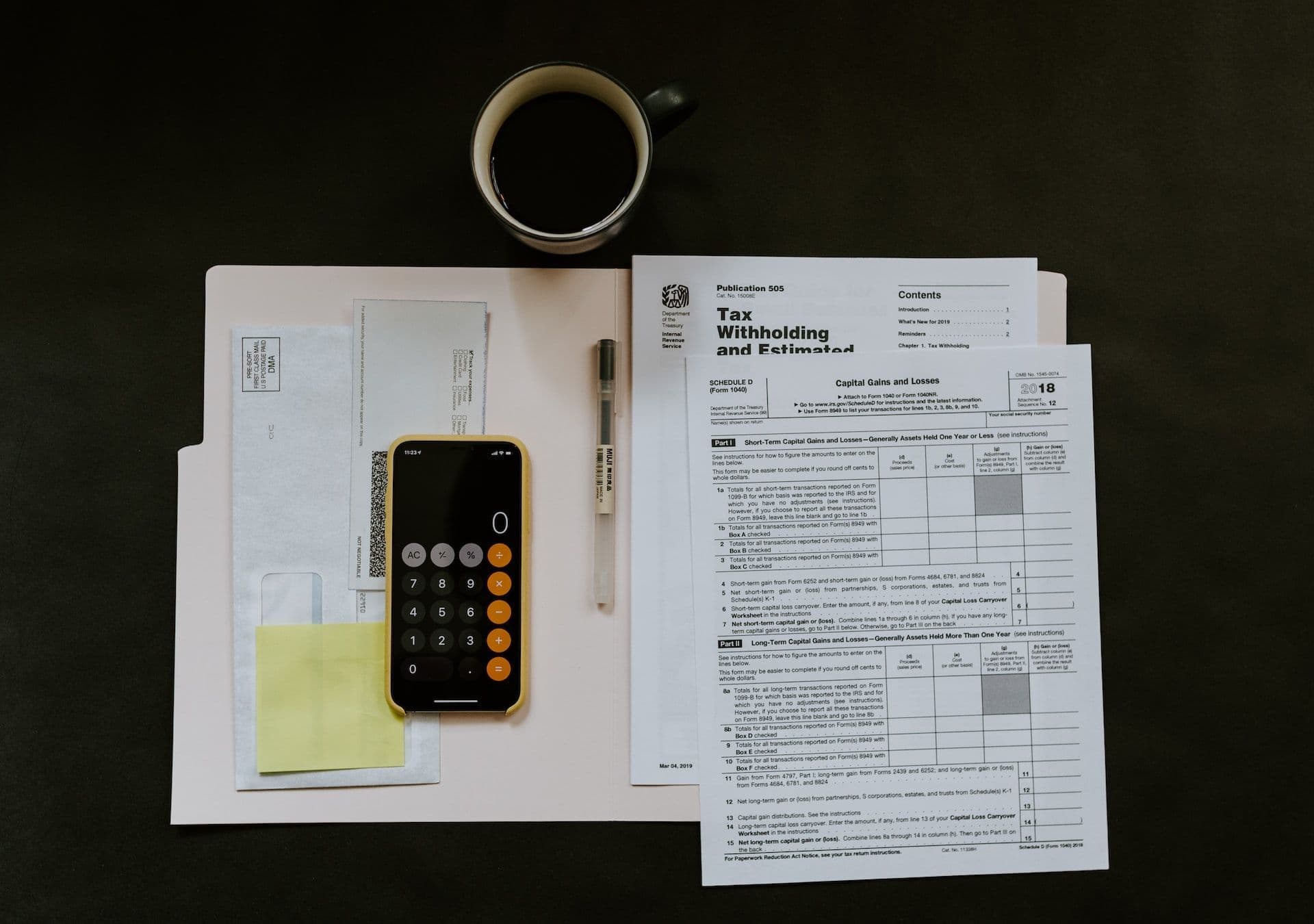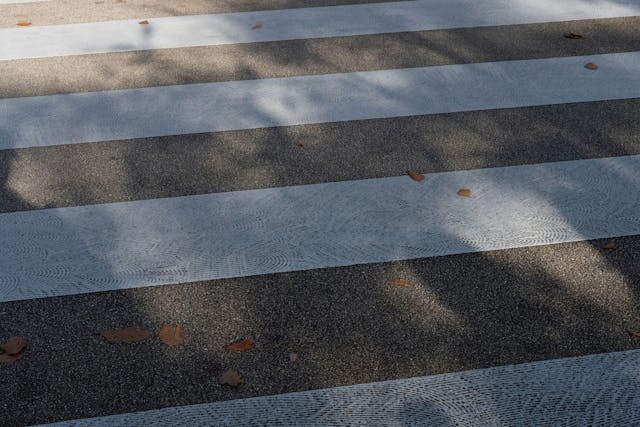Property tax reform during housing crisis: who will be affected?

Property tax reform within a year was announced by Xavier Bettel on October 12, 2021 during a state address to the nation. Therefore, the new approach must be presented to the public by October 12, 2022.
This tax is levied by municipalities and applies to literally everyone: «all built or undeveloped property of legal entities and individuals, regardless of their ability to pay, the use of this property or the means of financing used to acquire it.”
It is believed that this tax is a key link in the fight against the housing crisis in Luxembourg. Thus, the International Monetary Fund and the Organization for Economic Cooperation and Development have already advocated for such a reform in the past, in order to combat land speculation, shortages of goods and rather crazy price gouging in real estate — +10% in 2019, +14.5% in 2020 and +13.9% in 2021
The reform will be aimed at combating land retention
Home Secretary Tyna Bofferding stressed that the approach to land ownership must change. Now owning a building plot in Luxembourg does not oblige you to build on it. But that will change. From now on, the owner is either obliged to build, or he will have to pay a tax on speculation.
“You cannot live in a society where, on the one hand, people cannot get housing, and on the other hand, landowners enrich themselves by accumulating empty plots. What we are going to present will be associated with a paradigm shift,” the minister stressed.
In addition to the reform, there are other bills designed to combat land retention. For example, Baulandvertrag is a document that will allow the Minister of the Interior to exchange land plots in order to reconstruct an existing site, in case one of the owners does not agree with the construction project.
What changes will the reform include?
It’s assumed that there will be 2 directions of changes:
- Municipal property tax: this will be a revised and amended version of the current «property tax».
- National land tax. The final name hasn’t yet been fixed, but it will be a new tax on land speculation.
However, in order to understand what changes the 2.0 version of the property tax will entail, it is necessary, first of all, to bear in mind the current calculation methodology. Right now it’s essentially a double multiplication. In other words, the value of a unit of property is multiplied by the “base rate”. Recall that its size determines the nature of the property and its location. Then this amount, in turn, is multiplied by the rate set by the municipality where the land is located.
How the calculation formula will change
The disadvantage of the formula is that the value of a unit of property is now taken based on the report on goods dated January 1, 1941. In other words, each new building is still valued according to how much it would bring in rent during World War II. Then this amount is simply indexed in euros. This approach in no way reflects the current value of real estate in Luxembourg.
“This is a real anachronism,” says Taina Bofferding. She intends to change the calculation formula to a more fair, understandable and transparent one. It’s assumed that the base rate will be integrated into the cost of a unit of property, and won’t be used in the calculation formula on its own.
From now on, the value of a unit of real estate will be determined not by calculation dating back to 1941, but by the current building potential of the site and its location.
The Inter-Ministerial Working Group worked on this new model for estimating the value of a unit of property It included representatives of the Ministry of Housing and the Ministry of Finance, as well as from the Socio-Economic Research Institute.

